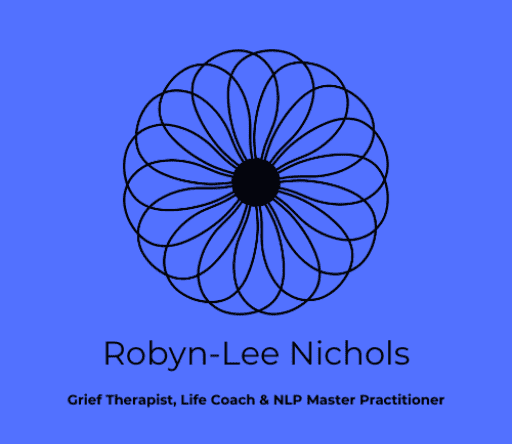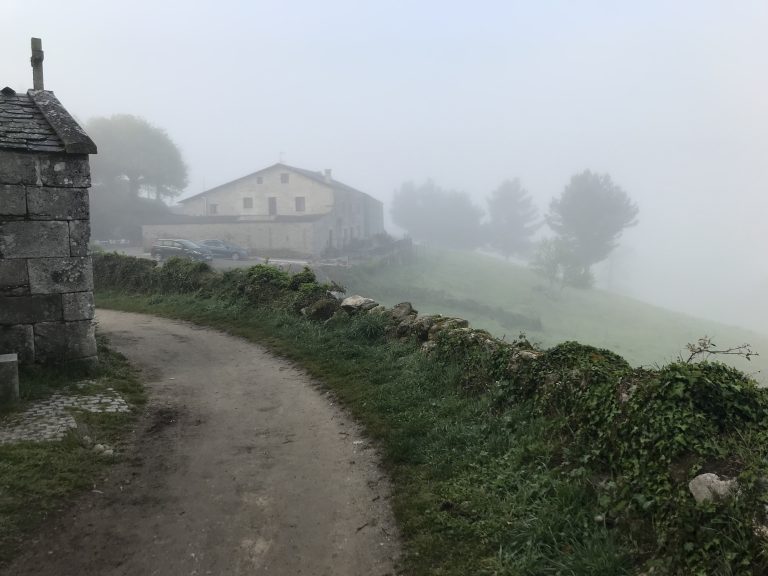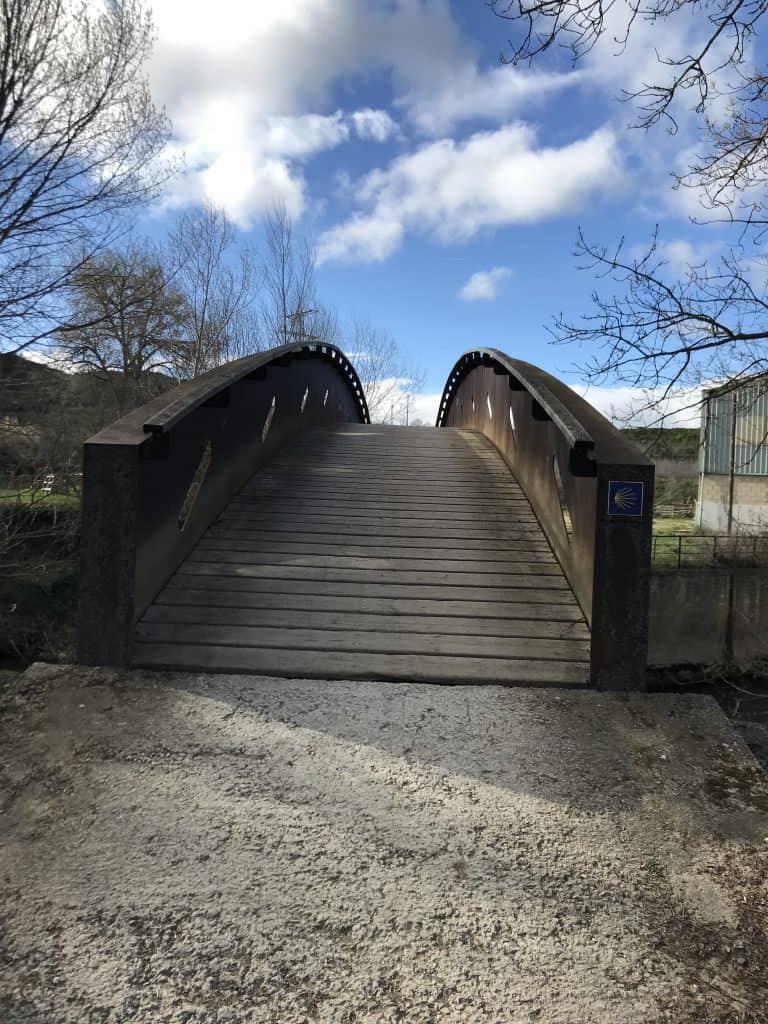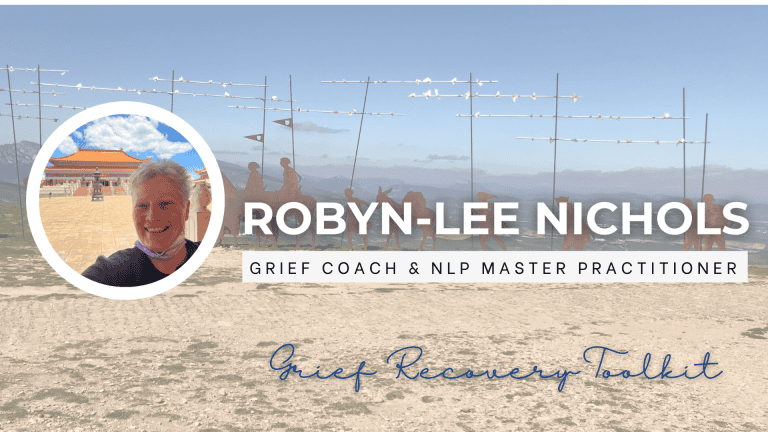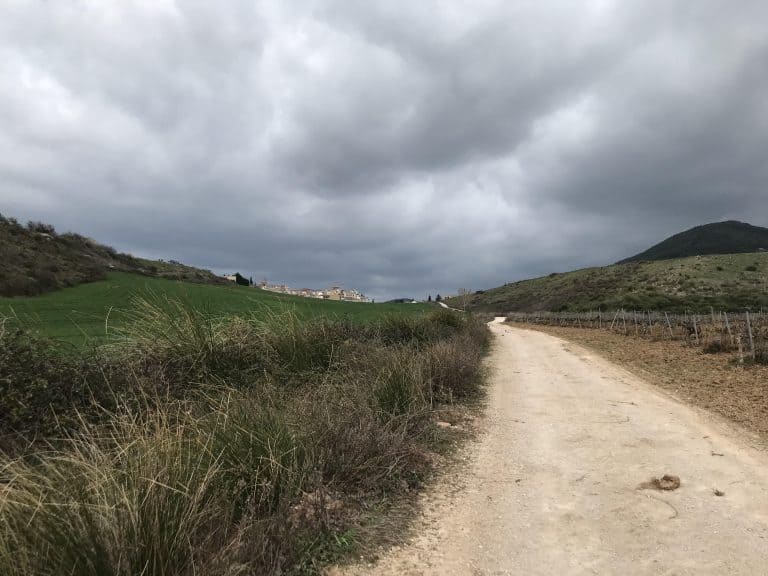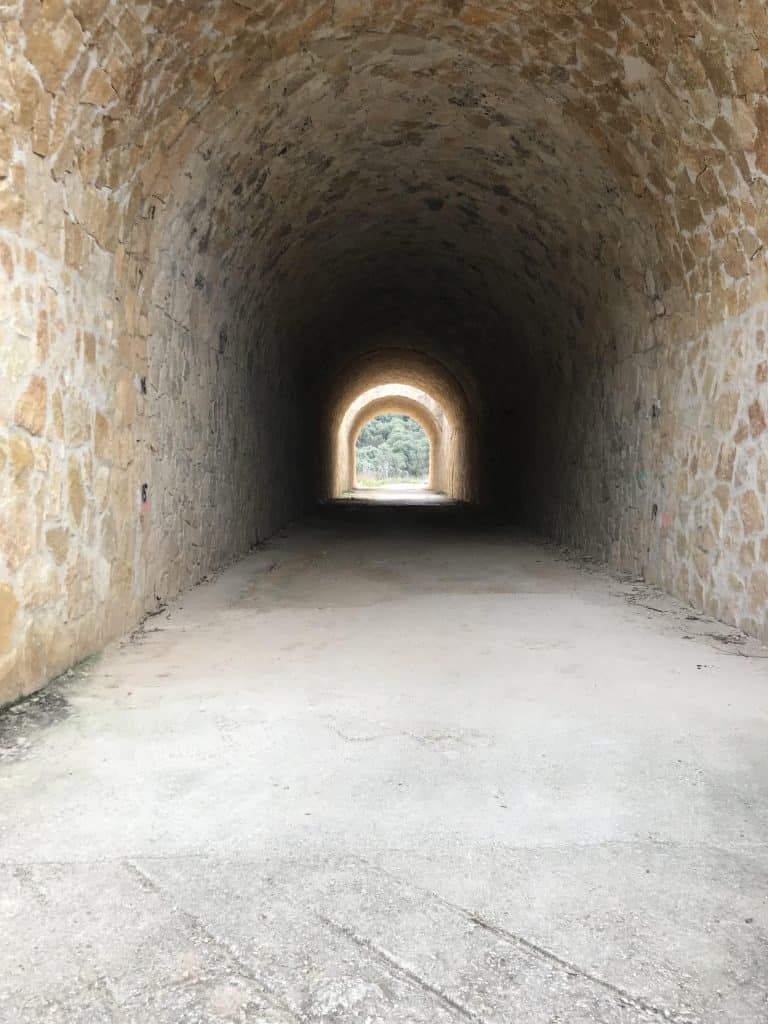The Grief Survival Guide: 4 Ways to Demolish Hidden Barriers to Your Healing Journey
Grief is perhaps the most universal human experience, yet it remains deeply personal and often isolating – and we (humans) often divert all discussions regarding the process towards healing.
As a grief therapist, I’ve held space with people struggling not just with their loss, but with the invisible barriers that hinder their healing. These obstacles—some societal, some self-imposed—can transform grief from a natural process into a prolonged struggle.
The Myth of “Getting Over It”
One of the most destructive barriers in grief therapy work is the expectation of a timeline.
Our culture perpetuates the idea that grief should follow an orderly progression, culminating in a return to “normal.” Clients often come to me saying, “It’s been six months; I should be over this by now,” or “Everyone thinks I should move on.”
The well-known stages of Grief, might also create a misrepresentation that when you are over the stages, which are linear in theory that you come out the other end, healed and purposeful. Not so.
This perception creates unnecessary suffering.
Grief doesn’t operate on a schedule. When we release the expectation that we must “get over” our loss, we create space for authentic healing. Recovery isn’t about forgetting or “moving on”—it’s about integrating the loss into your life narrative while continuing forward.
The Isolation Barrier
“No one understands what I’m going through.”
I hear this statement regularly in my therapy sessions. Grief can be profoundly isolating, particularly when well-meaning friends offer platitudes or grow uncomfortable with your continued pain.
So, as a result we tend to isolate ourselves and our feelings. Which at the time might feel the right thing to do. The best way to provide immediate comfort, but a cycle of self-sabotage often commences at this point.
This isolation becomes a self-reinforcing barrier. The more disconnected you feel, the harder it becomes to reach out, creating a cycle that deepens your aloneness. Breaking this cycle often requires deliberate action—finding grief support groups, connecting with others who have experienced similar losses, or working with a therapist who can bear witness to your experience without judgment.
The Guilt Complex
Guilt is grief’s silent companion.
“I should have done more.”
“If only I had noticed sooner.”
“I don’t deserve to feel happy when they’re gone.”
“I have all of these unspoken truths about how I really felt”
“If I could just have one last moment with them”
These thoughts create a formidable barrier to healing by keeping you locked in the past, ruminating on what cannot be changed.
Working through guilt requires compassionate self-examination. Would you judge a loved one as harshly as you judge yourself? Could you have truly known what would happen?
Recognising that you made the best decisions you could with the information you had at the time is crucial to dismantling this barrier, and fundamental to your self-care regime during your recovery to peace.
The Identity Crisis
Significant losses often trigger profound identity shifts.
A widow might struggle with who she is if not a wife. Parents who lose a child question their very purpose. Career-defining illnesses can strip away professional identities built over decades.
This identity disruption creates a barrier because it makes moving forward feel like betrayal.
Who am I without this relationship?
What is my purpose now?
Working through this barrier means acknowledging that your identity was never static to begin with. You are constantly evolving, and this loss—while unwanted—is now part of your story. And your story can is in fact, your most powerful tool to move forward into a revitalised purpose and a life with a new sense of meaning.
The Comparison Trap
“My sister lost her husband, and she’s doing so much better than I am after losing mine.”
Grief comparison is a particularly insidious barrier because it invalidates your unique experience. Each relationship is different, each loss carries its own complexities, and each person brings their own history to the grieving process.
When clients fall into comparison-mode, I encourage them to practice radical acceptance of their individual journey.
Your grief belongs to you alone. It will unfold at its own pace, in its own way.
I could never understand why grief was able to take hold of me so powerfully. I sat and watched others move on – at least so it seemed – delving into life with vigor and purpose. Moving into new relationships and putting themselves out there in a way that I never really could.
Comparison is the worst state of mind that we can ever be in – even if not in grief – and when we embrace our own incredible personality traits we begin to understand our inherent courage and mite.
Grief for me now, is my superpower and I understand fully that without it, I would never have been able to understand my life’s purpose.
Breaking Through Grief: The Path Forward
Dismantling these barriers begins with recognition and awareness. Simply naming these obstacles can diminish their power.
Beyond awareness, healing requires:
- Community: Find people who can sit with your pain without trying to fix it
- Compassion: Treat yourself with the kindness you would offer a grieving friend
- Patience: Honour the non-linear nature of healing
- Expression: Find healthy outlets for your grief through art, writing, or conversation
Remember that working through grief isn’t about leaving your loved one behind—it’s about finding ways to carry them forward with you. The goal isn’t to eliminate grief but to transform it into something that can coexist with joy, purpose, and meaning.
The journey through grief is never simple, but by identifying and dismantling these hidden barriers, you create space for authentic healing. In that space, you may find that grief itself becomes not just a wound, but eventually a source of profound wisdom and unexpected growth.
“The wound is the place, where the light enters you.” – Rumi –
